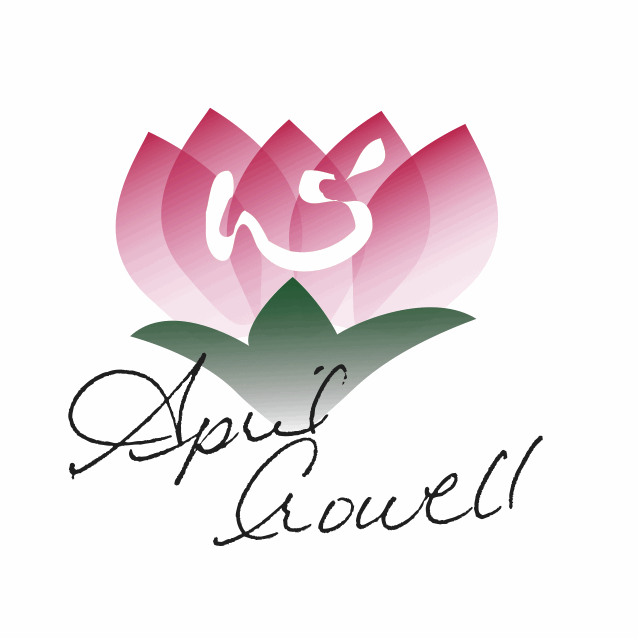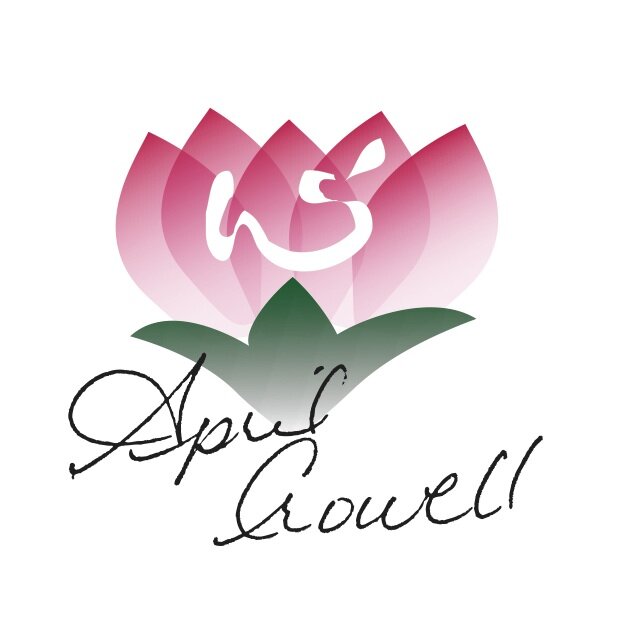The Emotions In Asian Medicine – Vice & Virtue
“True emotions last for about 7 seconds, everything else is holding on.” I was surprised the first time I heard this statement in a beginning Amma course. From this perspective, I was holding onto a lot…even at the age of 19. Bugger.
This view isn’t something new. In fact, Asian (Chinese) Medicine has held for thousands of years that inappropriate relations to our emotions is a source of internally generated disease. This is quite the different thought process from typical western ideas on emotions, especially when you consider that Americans run the spectrum from ‘being’ their emotions to lacking any noticeable emotions at all.
Let’s be clear, emotions are apart of our being. We should feel the warmth of joy, the heat of anger, the depletion of loss, and the knotting of worry. We should feel the enormity of awe, even bone gripping fear. But should it be perpetual? Should you always be in a state of worry? Even worrying if you lack something to worry about? Should you get angry at every little thing? Should you always be happy?
The answer is no. We should not always be wrapped up in emotions.
So where is the line? Where is emotion appropriate in nature to what is happening and where does it lead to disharmony? It can be a bit of a knotted web to unwind because most of us have emotions that we are very attached to.
Emotions are like the weather
Emotions, and thoughts, are like the weather. They come and go constantly in our being. It’s a part of are physiology and psyche, whether or not, and how we engage with them is a key to our health.
Emotions are neither good nor bad. They just are. It’s your relationship (or lack of relationship) and how you act on emotions that can be a problem. For example – it is appropriate to get angry when your child launches a rock through the window or you are betrayed by a lover or friend. What’s important is what you do next. Yes, you should get mad at the child, but the consequences should be appropriate to the actions, they should not harm or endanger the other. And that emotion should not be held on to or habituated (no emotional stagnation, please). When we lock into emotions and keep them rolling along we can end up with some very serious side effects. Resetting our relationship to any emotion may not always be easy, but it’s very doable.
For example, popping awake at 3 in the morning is a common pattern. Not surprising, it’s the Liver’s time of night, and frustrated or congested Livers may wake us up with mind chatter. Being woken up, might make us more frustrated, which in turn will feed into and create more Liver Qi stagnation. Now you’ve created quite the loop, and the more frequently you practice this behavior, the easier it becomes to identify emotion and when you are in vice or virtue with it. I recommend these clients be very cautious of their emotions and thoughts that appear when they wake up, try not to take it personally. Add to this a few herbal and lifestyle recommendations and we can break the routine and soothe the Liver.
Asian medicine and the emotions
Asian medicine views 5 categories of emotions corresponding with the 5 Elements. Some schools and practices add in another 2 broad categories. Each emotion carries its own energetic behavior and influence over the body. Whenever these emotions are overly habituated, meaning you hang out with them too much, they will lead to internal disharmonies. Likewise a lack of any emotion can be a problem.
Understanding the emotions according to the 5 Elements of Asian Medicine
Each emotion corresponds to a whole organ system, season, sound and emotional state in vice and virtue. In balance, the person will reap the benefits of the virtue of the element. Out of balance, the element’s vices will appear in the person’s behavioral patterns – and their physical body. Fire, when in balance, gives the person its virtuous gift of allowing the person to have loving and meaningful relationships, we have volition and can ‘speak from the heart.’ In vice, the Fire element will have difficulty with relationships possibly being overly closed off and lacking joy, to being overly zealous and eager to fall into inappropriate relationships. People with Fire imbalances may also laugh at inappropriate times or seem to lack any joy and happiness at all. They run us hot or cold when out of balance. The chart below is snap shot of correspondences for the element in general and pertaining to emotions.
But wait – there’s more!
Another tradition of Asian medicine, the Eight Principles, recognizes all the Five Element emotions and places specific significance on two other emotions.
Shock — Scatters the Qi and affects both the Heart and Kidneys. Shock can be caused by injury or accident, which includes surprise such as learning that a family member has unexpectedly been injured or died. Those suffering with post traumatic stress disorder (PTSD) have shock. Shock must always be cleared first before other patterns in the client can be addressed. Yes, we may work on the acute cold or flu, but deeper internal patterns will show little forward movement if shock isn’t cleared first.
Pensiveness — Is a mix of worry with a dash of anxiety. It affects the Spleen, Lungs and Heart.
What about depression?
Asian medicine does not recognize depression as an emotion, rather it is the combination of several different disharmonies and entanglement of emotions that can create depression. We have to look at the individual’s unique patterns to identify what patterns need to be addressed. Depression can arise from either excess or deficiency patterns. One client’s pattern may be a combination of lack of drive or will power and fear (Water), while another’s may stem from the inability to create and maintain meaningful relationships (Fire). Still another might arise from a lack of sense of self worth (Metal) that they couple with inappropriate self nourishment (Earth). Each pattern may be viewed as depression in western terms, but each is very different in Asian medicine and would therefore be addressed as such.
Being in any state of emotion for an extended period of time will disrupt the proper flow of Qi, affecting both its related organs and eventually depleting the immunity and the Heart and Lung Qi.
What can you do if you have out of control emotions?
Meditate — It gets very real when you take the time to step out of being and into non-being. Emotions and thoughts shift to being the weather or content in our existence rather than our existence. 15 minutes can be a great start but strive towards a half and hour a day. Likely you have the time in your schedule if you look for it.
Seek counseling or guidance — Many of us have times when we need a bit of guidance. Ideally, counselors or advisers should seek to help you address our ‘issues’ and then move forward. Be cautious of practitioners or behaviors that keep you falling into the past to ‘rehash’ or have you constantly working on the same issue. Different practitioners have different skills and different clients have different needs, my goal is to help match the person to the therapy and practitioner that they can best benefit from.
Gratitude —Expressing true gratitude demands that we step out of habituated emotions.
Breathe — Seems simple enough, yet it is quite common for clients may hold their breath or have irregular breathing. Ten thoughtful deep breaths can go a long way. Have you read Breath by James Nestor yet? Amazing, worth a reread too!
Practice the virtue — Emotions are a form of Qi or energy – you can choose how to use the energy. Work on practicing the element’s virtues. If you tend to get angry or frustrated easily, try redirecting to the Wood element’s virtue of seeing possibilities, creating new plans and viewing things in a a different light –ah…what possibilities arise? What new way can I look at this problem?
Lack joy and happiness? Consider what it is that gives you joy…truly…and it’s probably not shopping. Watch the movie Happy which has some great insights.
These may seem like oversimplifications, yet they are tools that will start to shift your Li (intention) and your Qi will follow.
I view Qi as a gift, that I can direct. I find this especially helpful in my Amma practice. I may have a client in at 9 am that is joyous and giddy with delight, and the next client may come in with devastating news and grief. I have to be attentive and able to engage appropriately and treat both with compassion and skill without losing or exhausting myself. Meditation, and knowing myself and what tools help me balance are essential.
Look at your habits —Are you getting enough sleep? Are you exercising appropriately for your state of health? Have you eaten? I know, I sound like your mother, but irregularity in life habits is a major contributor to mood swings. Sudden change in health, life circumstances and hormonal changes that can take place at different watershed phases of life can play a huge role. Take a step back and look at the very basics – maybe you do need to add naps to your life.
Get in for Amma — By identifying the basis of the disharmony treatment can be focused to move out of excessive emotional states. In some cases, we may recommend seeing a practitioner such as a counselor or therapist as an adjunct in addressing your specific patterns.
Again, emotions aren’t ‘bad’ or ‘good’ – it is what you do with them that counts.
Be well,
April







